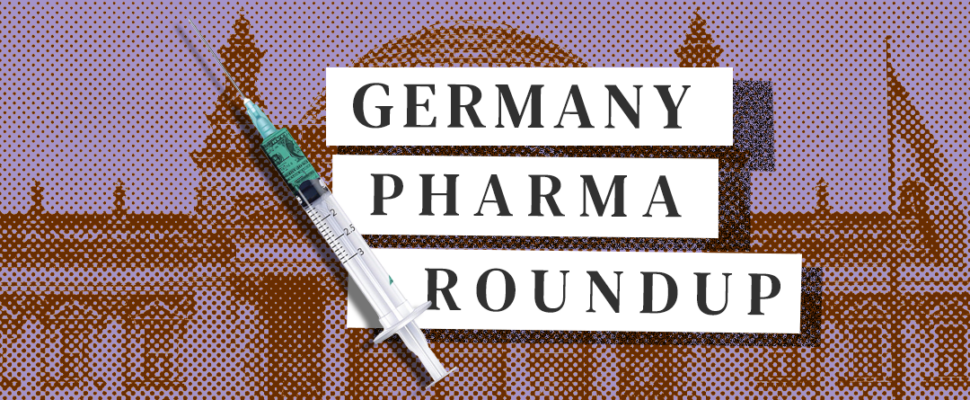The latest pharma industry news from Germany, including Lilly’s new German plant; Bayer’s aborted anti-clotting drug trial and legal worries; Boehringer Ingelheim’s acquisition of Swiss biotech T3 Pharmaceuticals, and Hermes Pharma’s plans to spend EUR 25 million euros to enhance its production capabilities.
Eli Lilly plans new 2 billion euro German plant (Reuters)
U.S. pharmaceuticals company Eli Lilly plans to build a production plant in western Germany, sources close to the matter told Reuters, with one putting the investment at EUR 2 billion euros.The new site, Lilly’s first major production complex in Germany, comes as drugmakers are growing increasingly sensitive to political pressure to manufacture critical healthcare products closer to the markets they serve after the coronavirus pandemic exposed the vulnerability of global supply chains.
Bayer woes pile up as blood thinner drug trial fails (Reuters)
Germany’s Bayer has aborted a large late-stage trial testing a new anti-clotting drug due to lack of efficacy, dealing a fresh blow to the embattled drugmaker and throwing its most promising development project in doubt. Its shares slid 16.4 percent at 0903 GMT on Monday to their lowest in 12 years, with separate news overnight the company had been ordered to pay USD 1.56 billion in the latest US lawsuit over its commonly-used Roundup weedkiller also hitting sentiment.
Boehringer Ingelheim expands immuno-oncology portfolio with the acquisition of bacterial cancer therapy specialist T3 Pharma (Business Wire)
Boehringer Ingelheim today announced the acquisition of privately-held T3 Pharmaceuticals AG (“T3 Pharma”), a clinical stage Swiss biotech company, for an amount of up to 450 million CHF. T3 Pharma has developed a proprietary therapy platform that uses live bacteria to deliver immune-modulating proteins to cancer cells and tumor micro-environments. Despite the significant transformation of the cancer treatment landscape by immunotherapies, long-term remissions only occur in 15-20% of cancer patients. Boehringer Ingelheim aims to considerably increase this rate by utilizing complementary immuno-oncology platforms such as T-Cell Engagers (TcEs), oncolytic viruses, and cancer vaccines, which have the potential to turn cold tumors into hot ones, extending the benefits of immunotherapy to more patients in need.
Merck Expands Newest Biologics Testing Center in Shanghai (Company website)
Merck has completed the second phase of its new € 29 million Biologics Testing Center in China adding 1,500 square meters to the lab, which opened last year. These are the first biosafety laboratories for Merck in this market, enabling clients to locally access a broad range of testing services for cell line characterization and lot release from pre-clinical development to commercialization.
FDA’s drug delivery device recall spree continues with Class I tag for B. Braun infusion pump (Fierce Pharma)
For the fourth time already this month, the FDA has issued a notice formally bestowing a Class I label—denoting a heightened risk of serious injury or death—upon a recall of yet another drug delivery device. This time around, the recall was initiated by B. Braun Medical, and it concerned the German devicemaker’s Infusomat Space volumetric infusion pump system.
Hermes Pharma earmarks EUR 25M to expand oral drug production capacity (Fierce Pharma)
Hermes Pharma, a German CDMO, plans to spend EUR 25 million euros to enhance its production capabilities for oral medicines. The funds will be used to buy new equipment, boost efficiency, increase production capacity and add storage space, the company said. The investment is expected to drive future growth for Hermes, which manufactures easy-to-swallow oral dosage forms such as orally disintegrating granules and chewable tablets.



